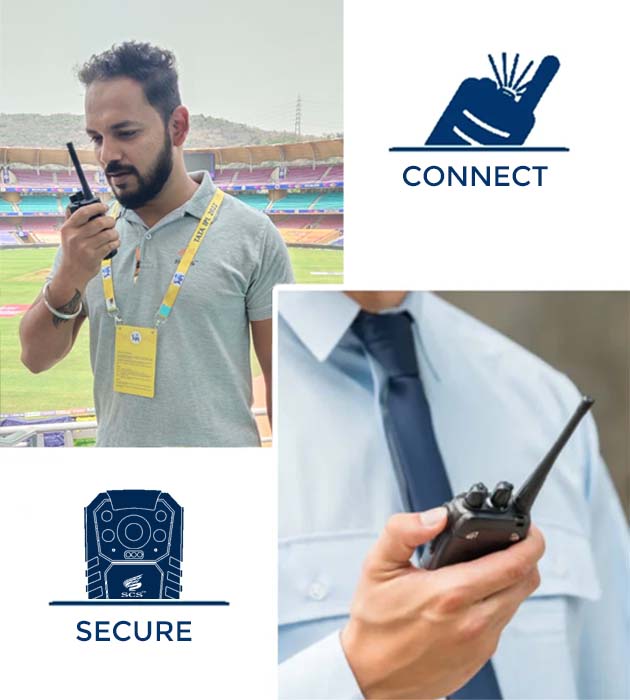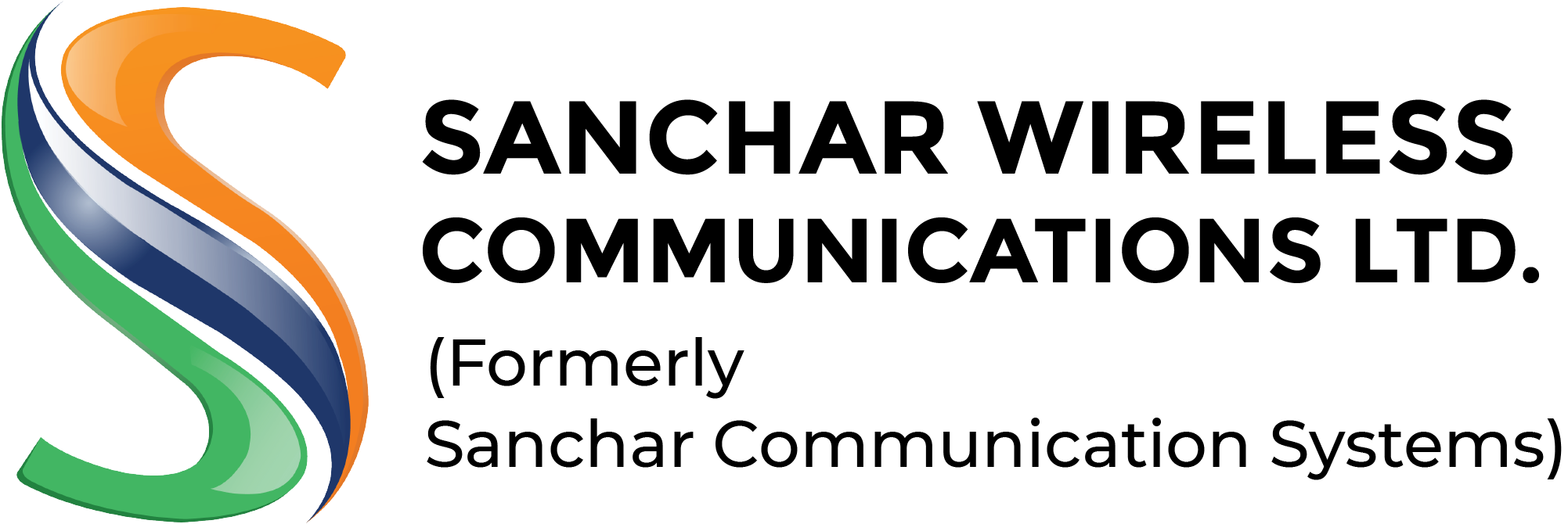At the forefront of providing innovative solutions for security and communications
Established in 2008, Sanchar is a professionally managed company specialising in Wireless Communication and Surveillance products & Accessories. We have high focus on R&D and Innovation….

Public Safety
Maintain the sustainable development of the city

Emergency Response
Deploy solutions with multiple communication methods

Our Main Product Categories
Professional expertise gained through experience and understanding of the business.
Our Testimonials
What Our Clients Say About Solutions
It's a great platform to find a suitable and better job. Their services are super good, members are very supportive. Thank you for giving the opportunity.

Great organization to work, security products servicing organization with well reputation in the market. Service engineers are very humble and knowledgeable.

Superb service and great products. The system was exactly what I wanted and a lot affordable than any other I looked at. Great service once again.

Having recently bought a Body Born Camera from Sanchar, I was very impressed by their service. They always get us the best price and are really knowledgeable.

Very good service provider, i deal with them very long time. Products and prices are best in Industry.




